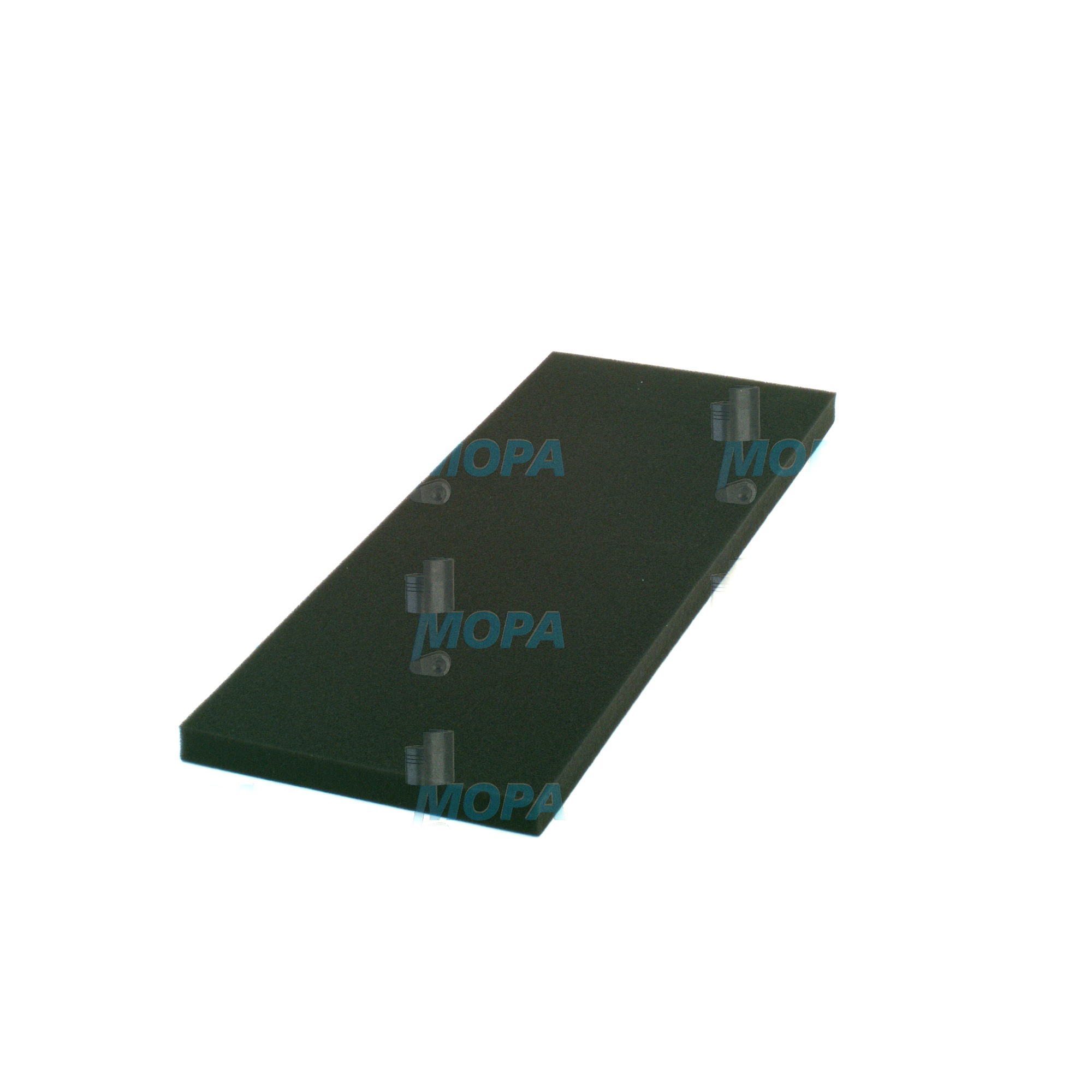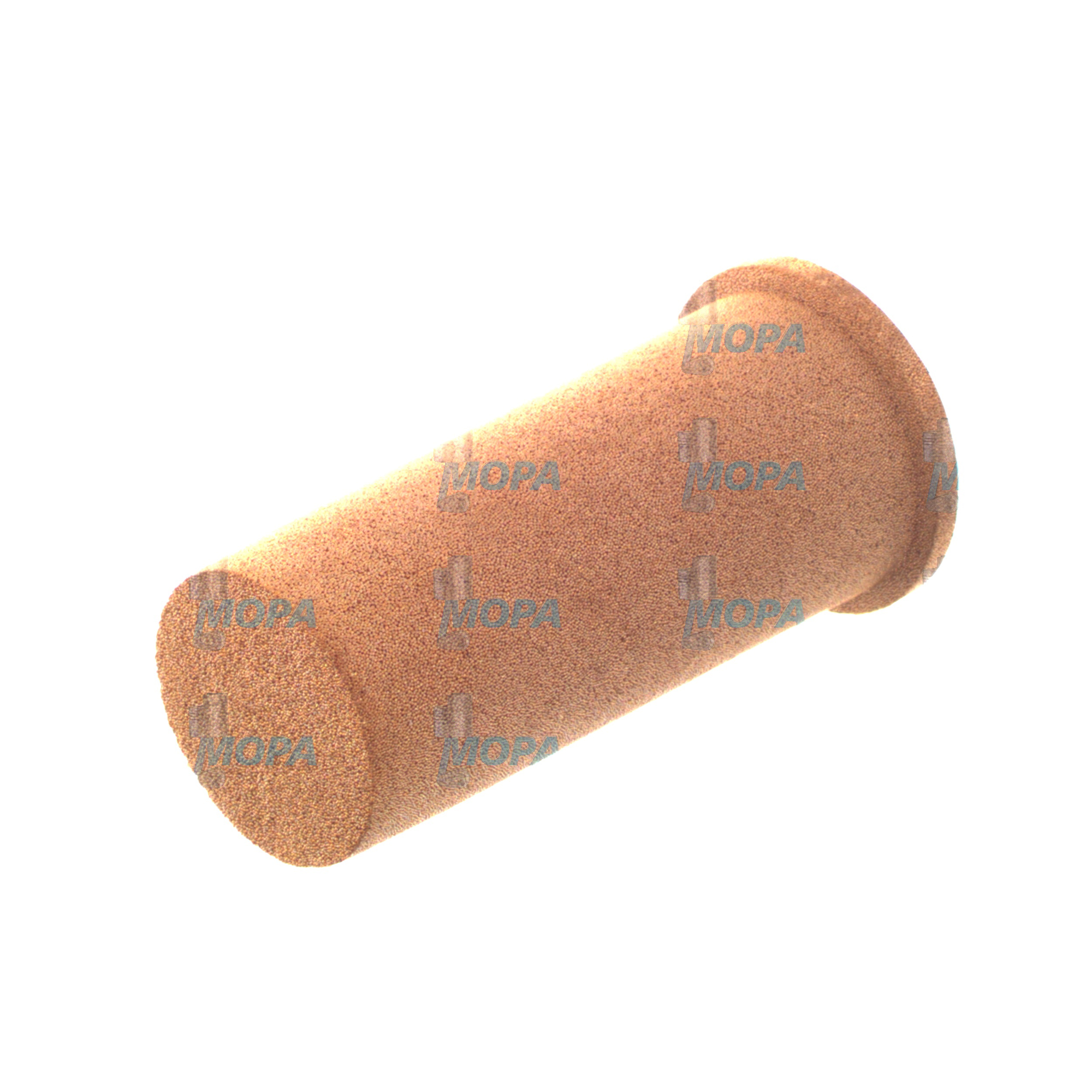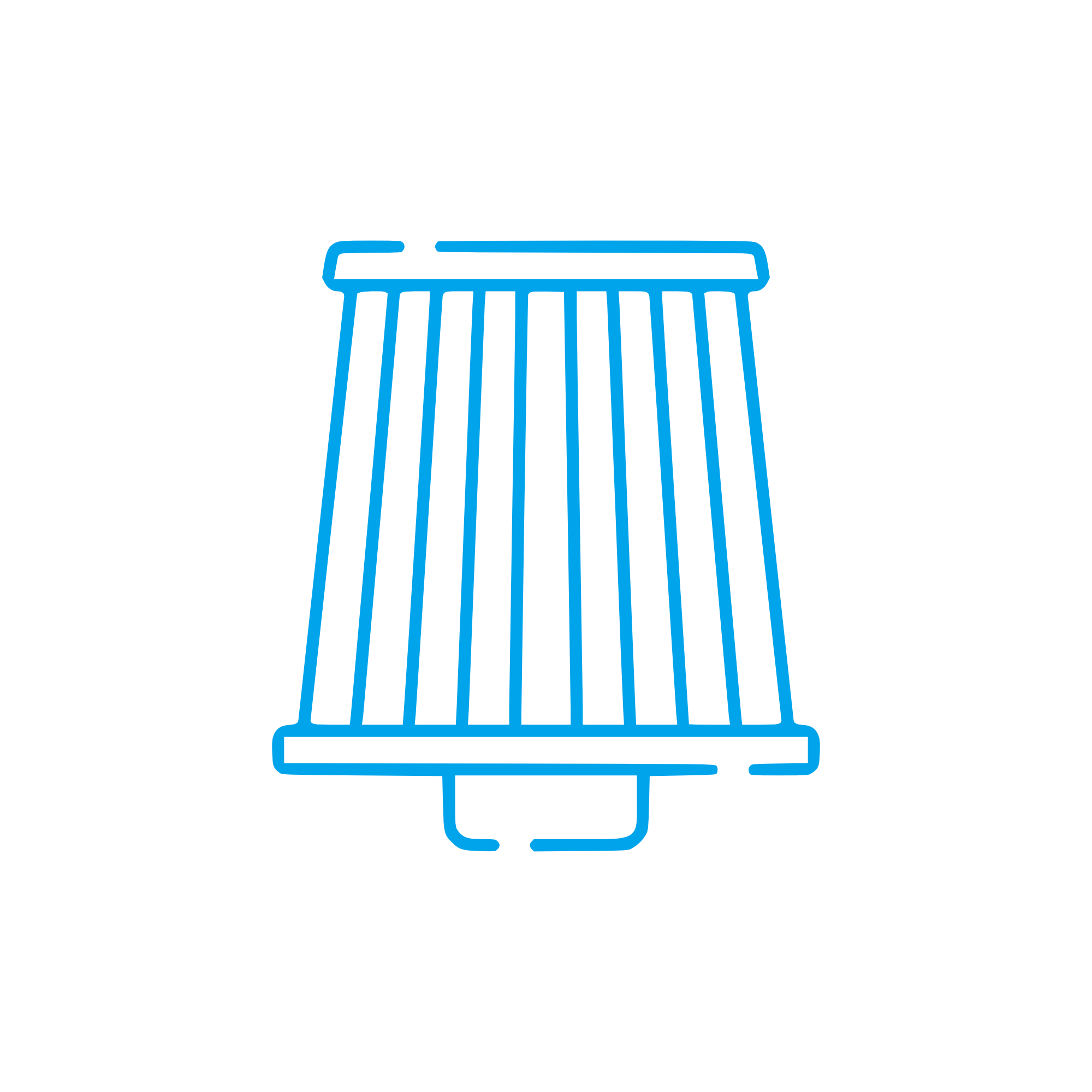AIR FILTER ELEMENT for high-performance engine Filter solutions
Filters are precision components that protect engines by removing contaminants from air, fuel, lubricating oil, and coolant. In heavy-duty applications such as marine propulsion, auxiliary gensets, locomotives, and industrial diesel engines, the right Filter setup is essential to keep wear under control, maintain combustion quality, and safeguard sensitive parts like turbochargers, injectors, bearings, and cylinder liners. Among these components, the AIR FILTER ELEMENT plays a leading role because the intake side sets the foundation for efficient, clean, and reliable combustion. When clean air enters the cylinders, the engine can achieve rated power, stable emissions, and long service intervals.
In this category, Filter solutions span primary and secondary air elements, fuel/water separators, fine fuel filtration, lube oil cartridges and spin-ons, and coolant filters with additive dosing. Yet the AIR FILTER ELEMENT is often the first line of defense, especially in dusty ports, offshore transfer zones, and industrial sites. Selecting the correct configuration, media grade, and capacity directly impacts engine uptime and operating cost.
Technical function of Filter: AIR FILTER ELEMENT in diesel engine and marine engine duty
An AIR FILTER ELEMENT is designed to remove airborne particulates—dust, sand, salt crystals, soot—before they reach the compressor wheel or intake manifold. Typical assemblies include a primary element with pleated cellulose, synthetic, or nanofiber media and a secondary “safety” element to protect the engine during service or in case of primary media damage. In marine engine rooms, pre-cleaners or inertial separators may be installed upstream to reduce the dust load and extend element life.
Filtration performance is quantified by efficiency across particle sizes (often tested per ISO 5011), initial and loaded pressure drop (Δp), and dirt-holding capacity. A properly sized AIR FILTER ELEMENT diesel engine intake will maintain low restriction at rated airflow, keeping the turbocharger within its compressor map and enabling precise fueling. Excessive restriction raises exhaust temperature, increases specific fuel consumption, and elevates soot formation. Conversely, insufficient filtration allows abrasive particles to accelerate ring, liner, and compressor-wheel wear.
For reliability, many systems incorporate a restriction indicator to signal when Δp exceeds the change-out threshold. Service intervals should be based on actual operating conditions—ambient dust concentration, humidity, salt exposure, and engine load profile—rather than only hours. In high-humidity environments, media with water-repellent treatment prevents swelling and collapse. When specified as AIR FILTER ELEMENT OEM parts, elements deliver consistent pleat geometry, stable resin bonding, correct seal compression, and verified burst and collapse strength for safety at peak flow.
- · High capture efficiency across fine and coarse dust.
- · Low pressure drop to protect turbocharger performance.
- · Robust pleat stability and media strength.
- · Optimized dirt-holding capacity for extended service life.
- · Reliable seals to prevent bypass under vibration.
- · Materials suitable for diesel and gas engine rooms.
- · Compatibility with restriction indicators and pre-cleaners.
- · Tested performance as AIR FILTER ELEMENT OEM parts.
Importance of Filter for engine operation and asset life
Cleanliness control is central to engine durability. If the Filter setup is undersized, damaged, or installed incorrectly, several problems arise: rapid liner polishing, increased blow-by, compressor fouling, and premature turbocharger bearing wear. Contaminated intake air also degrades charge-air cooler efficiency, raising intake temperatures and reducing power density. In diesel engines, dust ingestion elevates fuel consumption and smoke; in gas engines, it can destabilize combustion and drive detonation risk. Marine engines additionally face salt-laden air, which corrodes compressor blades and amplifies erosion when combined with mineral particles.
Over-maintenance can be as harmful as under-maintenance. Unnecessary cleaning or aggressive handling can fracture pleats or compromise seal lips, leading to bypass. Neglecting a saturated element forces the turbocharger to work harder, heightening shaft temperatures and shortening bearing life. A well-engineered Filter strategy—primary plus safety AIR FILTER ELEMENT, verified media grade, and service based on measured restriction—directly supports predictable uptime and lower lifecycle cost.
Advantages of OEM spare parts suitable for Filter and AIR FILTER ELEMENT
Using OEM spare parts suitable for Filter applications secures repeatable performance at each service event. Dimensional accuracy ensures perfect fit in the housing, correct seal compression, and reliable clamping under vibration. Media formulations are validated for micron rating, efficiency stability, and water resistance, preventing performance drift over the service interval. With AIR FILTER ELEMENT OEM parts, pressure drop is controlled within design limits, keeping boost, emissions, and fuel consumption on target.
Beyond technical performance, consistent quality supports planning and budgets. Predictable dirt-holding capacity helps set realistic maintenance intervals and reduces unplanned stops. Certified traceability and batch consistency lower the risk of premature failure after overhaul. For diesel and gas engines operating under class or emissions compliance, documented performance simplifies audits and keeps fleets within specification.
Why decision-makers choose OEM spare parts for critical Filter tasks
Procurement teams value the balance of cost and reliability over the full maintenance cycle. Correct pleat geometry, adhesive systems, and end-cap materials translate directly into longer element life, fewer call-outs, and stable engine KPIs. When a specification calls for an AIR FILTER ELEMENT marine engine or AIR FILTER ELEMENT diesel engine, the OEM parts route aligns performance, safety margins, and supply continuity.
MOPA as a partner for OEM spare parts Filter
MOPA is an experienced and reliable partner for OEM spare parts Filter requirements, with a strong focus on AIR FILTER ELEMENT solutions for diesel and gas engines. Customers benefit from rapid response, high availability, and secure handling of OEM parts—from intake filters to lube and fuel filtration components. MOPA prioritizes quality, documentation, and traceable sourcing, ensuring that each element meets the engine maker’s performance targets.
For shipowners and industrial operators, MOPA streamlines procurement with knowledgeable support, cross-referencing, and logistics tailored to dry-dock windows and planned overhauls. The result is speed in delivery, confidence in specification, and safety in trade—key factors when protecting high-value engines in demanding environments.
Conclusion: the role of Filter and AIR FILTER ELEMENT in dependable engines
Filter components—especially the AIR FILTER ELEMENT—are fundamental to engine efficiency, power, and longevity. Correct sizing, validated media, and controlled pressure drop keep turbochargers, cylinders, and charge-air systems clean and performing at design levels. Selecting OEM spare parts suitable for Filter applications delivers stable performance, predictable service intervals, and long-term value. With MOPA as your partner, sourcing the right AIR FILTER ELEMENT OEM parts becomes fast, secure, and aligned with the technical demands of diesel and gas engines.




